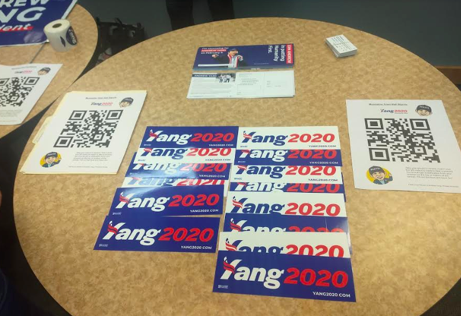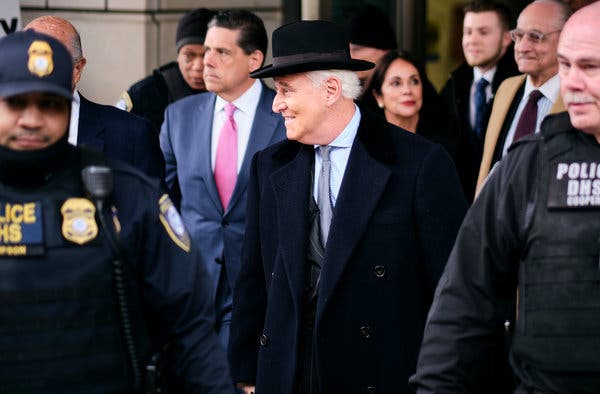MUSCATINE, Iowa — Democratic presidential candidate Andrew Yang wants more Americans donating to political campaigns. The business entrepreneur pitched a “democracy dollars” idea that would give every voter $100 to spend on any candidate they wish — but the voter has to use the money or lose it.
Doing this, Yang told voters at a town hall in Muscatine on Jan. 23, would boost the influence of Americans of average means compared with corporations. The percentage of Americans who give to campaigns is quite small, he said.
“Right now 5% of Americans donate to political campaigns and candidates,” Yang said.
PolitiFact reporters were covering the event in the student center at Muscatine Community College when Yang made this remark, and we wondered if it was true.
The figure is not based off of actual donations, but rather a survey asking people if they’ve donated. We found estimates vary.
Yang’s claim about American political donors rests on one poll that is several months old but offers a snapshot of how many people said they were making such donations.
A CNBC/SurveyMonkey online poll in June found that 8% of Americans said they have donated to a 2020 presidential candidate. An additional 19% responded, “no but I plan to.” The poll is based on what people said — it isn’t based on records of who actually donated.
RELATED: Fact-checking Andrew Yang in Muscatine, Iowa
The Pew Research Center analyzed data from a major election survey called the American National Election Studies. That data showed about 12% of Americans said they gave to candidates in 2016, 9% gave to parties and 5% gave to other groups.
The survey does not specify the type of candidate (federal, state or local). It included contributions of any size. The data is based on self-reported survey responses.
There’s an important distinction between donations above and below $200.
Under Federal Election Commission rules, campaigns must register the personal data of donors who give $200 or more. (That includes name, occupation, employer and ZIP code.) However, if a donor gives an amount less than $200, the campaign is not required to disclose the donor’s name.
The Center for Responsive Politics found that a tiny share of Americans make federal donations of more than $200. In 2016 about a half-percent — 0.52% — of the U.S. population donated $200 or more to political candidates, parties or political action committees. Overall, about two-thirds of the value of donations come from donations of $200 and above, and one-third come from donations that are smaller.
RELATED: Thinking small: Why Bernie Sanders and other 2020 candidates seek low-dollar campaign contributions
Our ruling
Yang said, “Right now 5% of Americans donate to candidates.”
He’s likely in the ballpark, but the number can only be determined by polling, and different polls have found different numbers.
Yang was citing an online poll in June that found 8% of Americans said they had given to a 2020 presidential candidate. That was more than a year before the election.
Pew found based on data from the American National Election Studies questionnaires after the last presidential election that 12% said they donated, but that wasn’t limited to federal candidates.
Because the best estimates are small, though not quite as small as what Yang said, we rate the statement Mostly True.
‘



